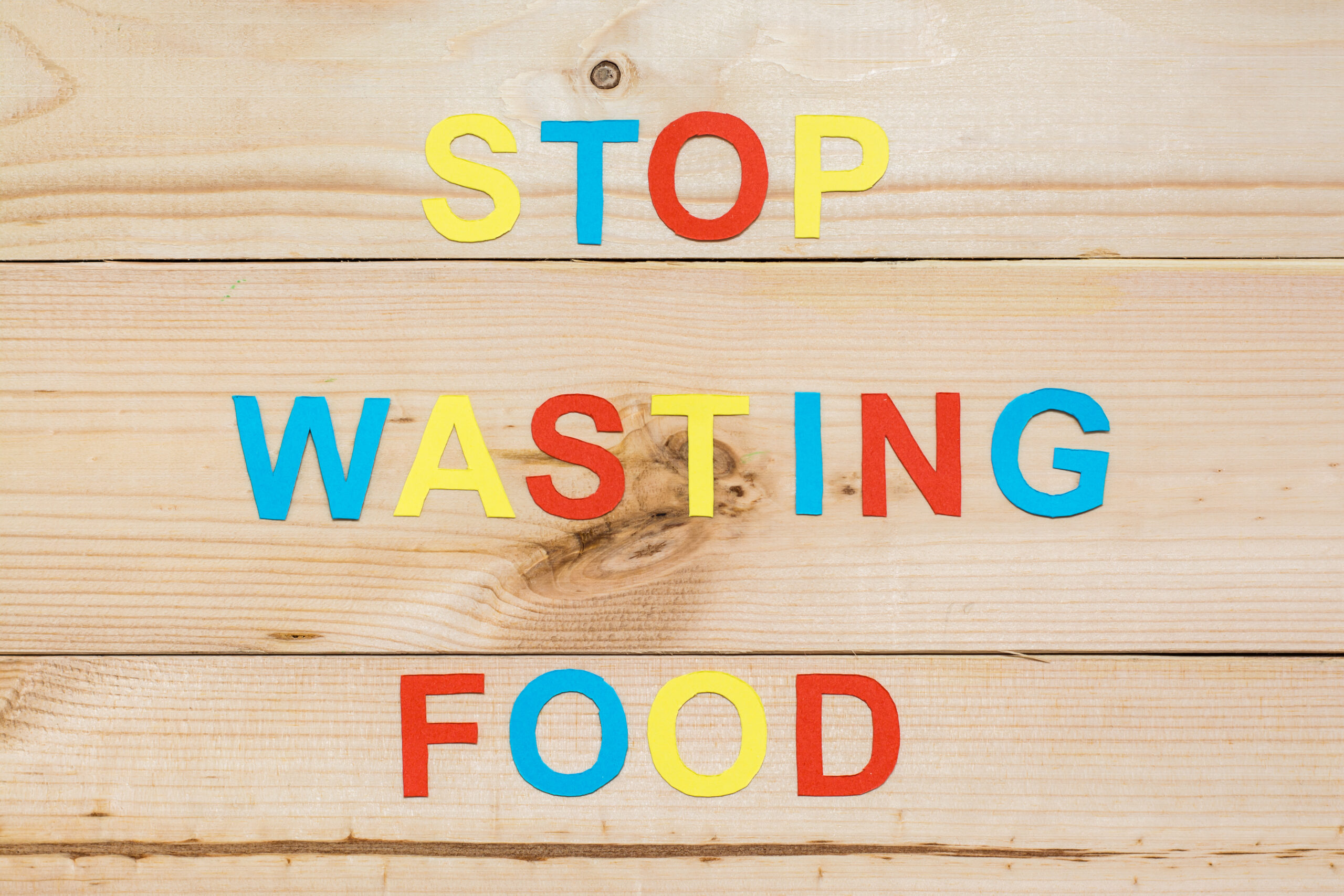With sustainability being a top concern for consumers, food companies are being challenged to develop new initiatives to reduce their total environmental impact. From reducing plastic use to using compostable packaging, food companies are capitalizing on this trend and finding success in attracting consumer attention. This might be one of the reasons why four of the largest food companies in America have joined forces to start the Sustainable Food Policy Alliance. Nestlé USA, Danone North America, Mars Inc. and Unilever United States have developed this new organization to help drive public policies that improve the overall health of consumers and the environment.
This move comes after Nestlé left the industry’s most powerful lobbying group, the Grocery Manufacturers Association (GMA), last year due to disagreements on labeling policies such as the GMA’s proposal to include the addition of GMOs on product labels. However, the CPG giant was not the only one to leave due to disagreements with the association; Dean Foods, Mars, Unilever and several other food companies left the group last year as well.
The new Sustainable Food Policy Alliance will focus on five key areas in the food industry: consumer transparency, environment, food safety, nutrition and people and communities. The organization will work to improve the quality and accessibility of product information in the consumer space along with ensuring the safety of food products. The group will also advocate for “science-based” solutions against the impact of climate change while building stronger communities, promoting renewable energy and further developing sustainability initiatives. As for nutrition, the alliance claims that it will develop and promote policies that help consumers identify healthier food options. The four companies will also work to improve the diversity and health of the food industry workforce.
So far, the alliance has already reached out to US policymakers to ensure that the Farm Bill incorporates solutions for pressing environmental issues such as water quality, water conservation, regenerative agriculture and soil health. They are also urging the FDA to roll out their new nutrition facts panel sooner along with a full-scale education campaign for consumers. The group has also supported the FDA’s initiative to define the term “healthy” in the food industry.
In a joint statement, Mariano Lozano, CEO, Danone North America; Tracey Massey, president, Mars Wrigley Confectionery Americas; Steve Presley, chairman and CEO, Nestlé USA; and Amanda Sourry, president, Unilever North America said:
“The Sustainable Food Policy Alliance was founded on the principle that food companies can and should be doing more to lead and drive positive policy action for the people who buy and enjoy the foods and beverages we make, the people who supply them, and the planet on which we all rely. As an Alliance, we commit first and foremost to leading by example. Each member company has independently proven a willingness to advocate for the long-term interests of the people who farm and supply our raw materials, and people who make and consume our products.”
“We are committed to a collaborative approach and to listen and learn about issues affecting all parts of our food system from the field to the store shelf and beyond. We understand that we don’t have all the answers and will rely on the best available evidence-based science to inform our positions. We will be transparent about how we reach our decisions and what we hope to achieve.”
However, these efforts might tangle with the Grocery Manufacturers Association’s initiatives. In particular, the GMO labeling dispute between the two organizations was acknowledged on the Sustainable Food Policy Alliance’s website.
“We are confident that currently approved gene-based technologies for food production are safe,” wrote the group.
Nevertheless, that comment won’t stop the forthcoming rollout of the new mandatory GMO label which will enforce food manufacturers to label their products with a new “bioengineered” statement, logo or QR code if they incorporate GMOs in their ingredients. The official rollout for the new labeling program could be as soon as this summer.
Another opposing topic between the two groups is the FDA’s upcoming mandatory nutrition facts label that the GMA originally supported but then later argued against the inclusion of “added sugar” information. The association ended up petitioning against the initial rollout date and asked the FDA to delay the implementation of the label, which they succeeded in. However, several companies such as Hershey’s, PepsiCo and Mars, who protested against the delay, had already adopted the new label.
These conflicts contributed to the formation of this new lobbying group. However, they are nowhere close to the size and number of members that the GMA has, which means that they might face an issue with their influence. Nevertheless, all four American companies have a combined annual revenue of $200 billion, which might have some power in persuading other companies to join the alliance.












Join or login to leave a comment
JOIN LOGIN